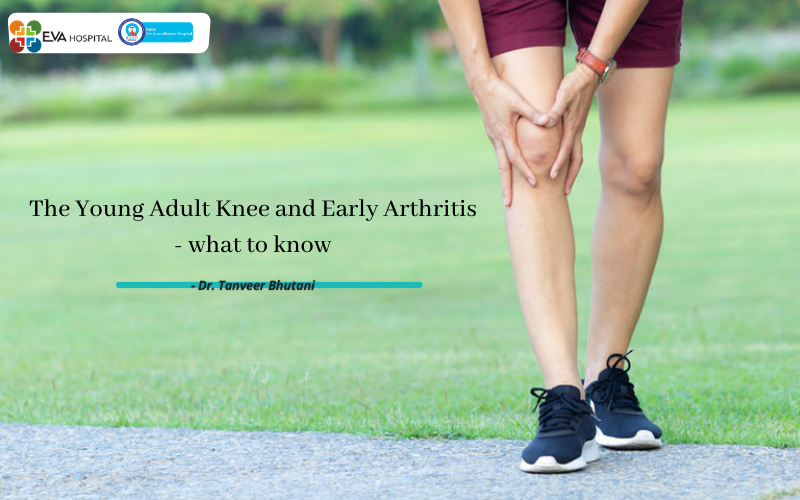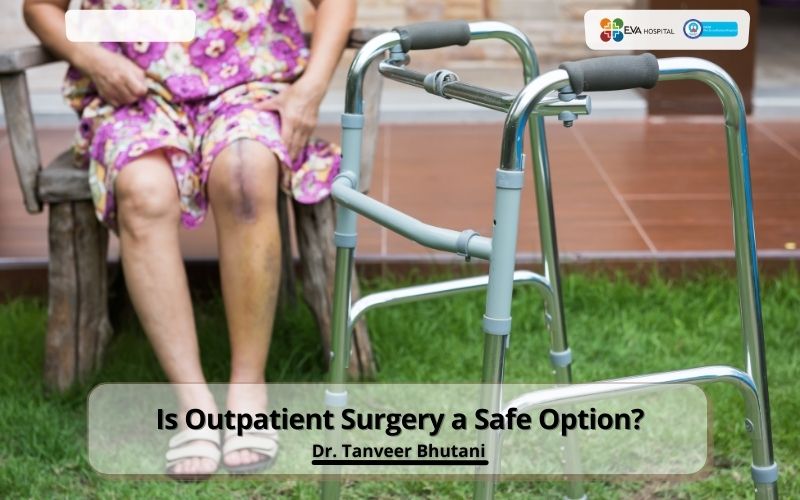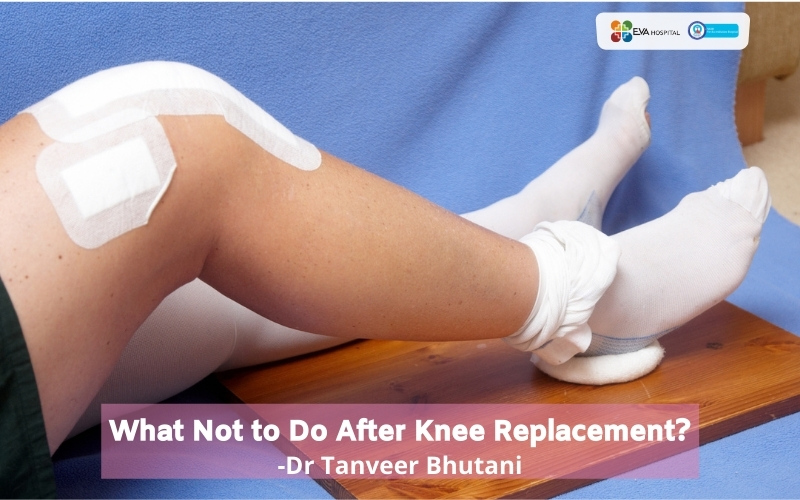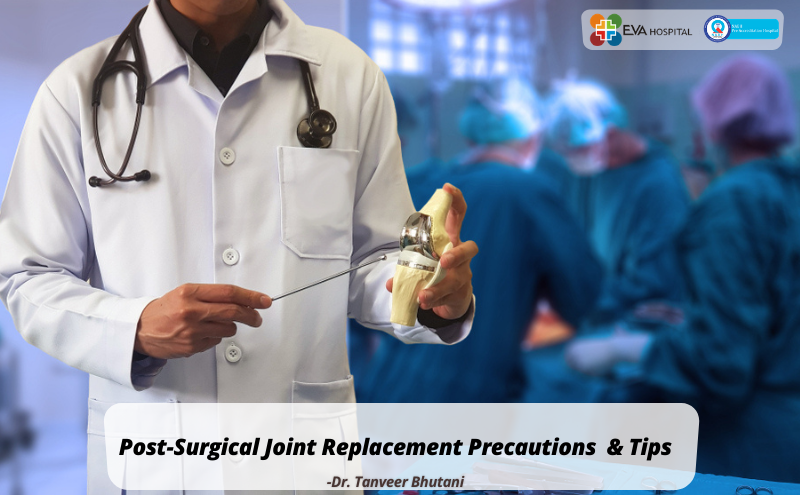
The Young Adult Knee and Early Arthritis – what to know
Although arthritis is a condition mostly attributed to the senior population, athletes and young adults are also susceptible.
Knee arthritis is defined as a group of conditions caused by defective articular cartilage and alterations in bone morphology.
It is considered the most prevalent type of arthritis, and the most notable health issue that permeates modern society.
Juvenile joint problems are found to be the result of injuries, occupational activities, sports, obesity or genetic factors.
Diagnosis of Young Adult’s Knee Arthritis
Diagnosing arthritis in young people is pretty challenging because they have a higher threshold of pain.
Before treating the condition, orthopedic surgeons make a definite diagnosis with the help of clinical examination, tests, X-rays, radiographs, and study of history. Thereafter a line of treatment is suggested.
Know about Risk factors
Sporting Activity
Ironically, the major risk factor for early knee arthritis is surplus activity and playing sports.
Studies have found that sportspersons are more susceptible to joint injuries than normal people.
They simply use their joints more, causing faster wear and tear of cartilage, thereby increasing the risk. It does not mean that they should stop being active or playing sports, but they must be aware of the risks involved.
Obesity
Being overweight or obese makes the young population invite knee arthritis at an early age. Maintaining a healthy weight is one of the best routes to prevent the condition.
Dr. Tanveer Bhutani says,” Extra kilos put more pressure on the joints as they have to support the body weight.
This wears down the cartilage much sooner than it would have. Adults in their late 20s or early 30s are increasingly experiencing an early onset of joint problems due to being overweight.
Injury
Injuries can damage the cartilage inside the joints and inflict OA in young adults, especially those who indulge in sports.
Athletes are naturally more prone to injury than others. Additionally, they are more predisposed to joint trauma in the lower limbs.
But they must realize that injuries can also lead to arthritis maybe 20 years before then it would have happened otherwise.
Joint injuries can cause joint instability and degeneration of the articular cartilage, even for non-athletes.
Know about treatments
Exercise is the Best Treatment for Youngsters
For young knees, the best treatment for arthritis is exercise. Though it does not cure the disease completely, they are highly effective.
Exercises or physical therapy aimed to increase strength, flexibility, and aerobic capacity work wonders for OA. The specific exercises have to be designed based on individual aspects of the disease process.
Active athletes recover better with muscle-strengthening exercises, and they can resume their sport sooner.
Aerobic workout shows results slowly, so may not be good for athletes but for other less active individuals. It is apparent that each physical program has to be custom-made. Cortisone injections
This is yet another treatment option that is beneficial for athletes who require short-term relief to participate in sports.
Cortisone injections with HA are intra-articular injections for temporary relief from pain and inflammation in the knees. However, they must be taken after consultation with an experienced sports injury specialist.
Surgery
For severe cases, minimally invasive Arthroscopy is the first surgical option considered in OA. Although it has short-term benefits, it may be very important for young adults wanting to delay joint replacement for a good number of years.
The second option is joint replacement surgery.
Know about Prevention
Rectify and transform your exercise routine
Going the extra mile sounds wonderful but you may have to change the way you work out. Always listen to the body and not the mind.
If your knee is already triggered, avoid high-impact training and running. It would inflame your joint and aggravate the symptoms.
Bid adieu to flexion strength exercises such as squats, lunges, and leg presses), says Dr. Bhutani. “They put an excess of pressure on the front of the knee joint.”
However, keep working out. For young persons exercising is vital for protecting joint health. It strengthens the muscles surrounding the knee and improves the range of motion.
Also, it keeps the weight in check. Just do not do high-intensity regimes. Focus more on your heart rate and low-impact activities such as swimming, cycling, & circuit training.
Lastly
Mostly young adults who are athletic, obese, or have a history of trauma or injury are likely to get arthritis at early stages in life. Prevention is better than cure in this case.









